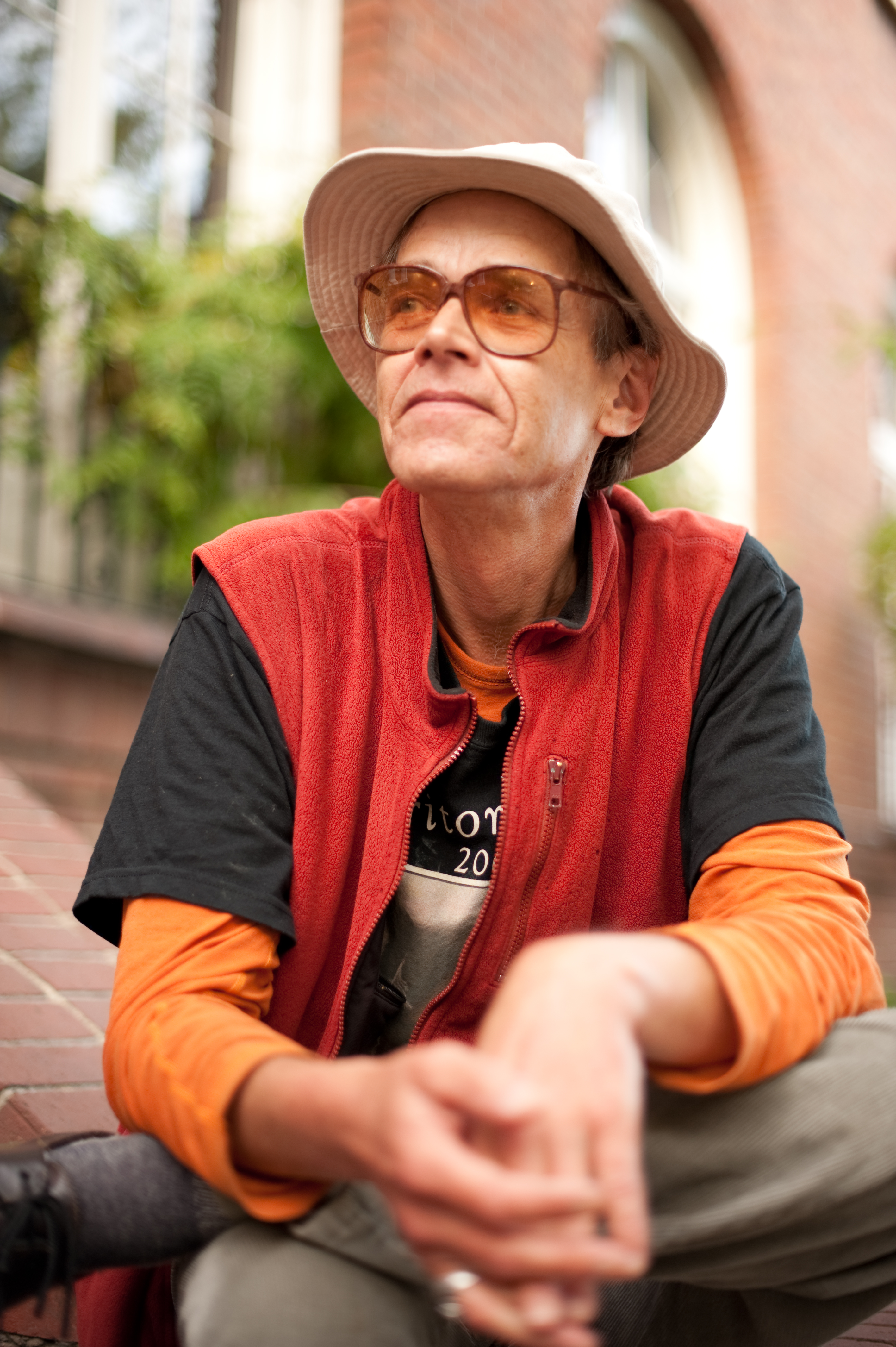 Certain dish shifts at Zen Center are known to draw forth from their crews an especially steadfast and full-throttle action. All residents of City Center are asked to do one dish shift per week, and new residents often find themselves honored with one of these dish-intensive shifts.
Certain dish shifts at Zen Center are known to draw forth from their crews an especially steadfast and full-throttle action. All residents of City Center are asked to do one dish shift per week, and new residents often find themselves honored with one of these dish-intensive shifts.
Friday evening is one such shift as it involves the simple fact that at this meal, dessert is served, thereby adding one more dish per person. Also the meal itself tends to be more elaborate and this often calls for an extra bowl or two. Should you find yourself standing at the dish area with your hands in a large bowl of soapy water on this night, you will receive many sincere look of thanks as people leave their bowl at the dish area, and go along on their way.
Sometimes the dish crew will request reinforcements. This is presaged by the striking of a set of wooden clackers, or kaishaku, otherwise used to mark the beginning of the meal chant. When this sound comes anytime after the beginning of a meal, it almost always signals the onset of one of these plaintive campaigns to swell the ranks of the dish crew. At this cue, there are a few people who uncomplicatedly rise and tie on an apron, but in general, this sound elicits a reflexive contraction, attended by benevolent look toward the person sounding the clackers that says, I feel for you, but hey, I gotta go.
The first six months I lived at Zen Center, Friday night was my shift and one night Jordan, the Tanto, or head of Practice, added his bowl to the stack, bowed and said, It takes a special kind of bodhisattva to do dishes on Friday night. I said, Yes, a Bodhi-sucka. At this, he high-fived me, and went off into the night.
Eventually, I switched to Wednesday evening, reasoning that I would be sticking around anyway for the Wednesday night talk, so it would involve fewer dish-shift trades. Wednesday isn’t as heavy as Friday, but it has its own challenges, as it’s the night when people often come for dinner at City Center before the evening Dharma Talk, so there are more people in the dining room, and less time to get it all done if you want to get to the talk on time. Again, it’s a steady effort, often thinly staffed.
Wednesday dinner was my shift for most of last summer and on many nights, I’d have been there long past 7:30 if it weren’t for Douglas, who often comes on Wednesday evening for zazen and for the talk. Most people are finished eating by around 7 and the talk begins at 7:30, so during this interval, he offers his services at the dish area. Some people will stop by and put away a tray of bowls, and any such help is appreciated, but Douglas comes onto the scene with complete conviction; immediately his hands are in the water and the stacks start disappearing.
One of my dish partners was firm in asserting that technically you don’t have to put the silverware into its respective baskets after it comes out of the sterilizer. It’s legitimate to leave it in the caddy that houses it in its passage through the sterilizer, she assured me, needing those few minutes to get into her robes before the talk.
It did not surprise me that Douglas was intent on seeing this last detail through. I noticed he was sorting the forks, putting some in a drawer and some in the basket and told him it was okay to put them all in the basket. He informed me he was sorting out the new forks that had recently been purchased to accommodate the increased numbers from when City Center hosted the Suzuki Roshi Symposium. Their ballast pleased him. These feel so much nicer in the hand, much more sensual, he said, letting one rest in his hand. I knew exactly what he meant and realized that I’d been feeling for these as I went through the line.
Dogen may have said, in the Fukanzazengi, or Instructions for Zazen, “If the least like or dislike arises, the mind is lost in confusion,” but there is no confusion here. In my casual survey of all the people I’ve stood behind in line, without exception, they fish for the heavier forks. Finding one, they give it an appreciative reckoning.
And when people don’t have to suffer the comparatively flimsy cutlery, they can thank Douglas.


I like this post. Thank you for writing and posting.
During my long ago residency at Green Gulch I noticed that one quiet, elderly resident was always one of the first to finish his meal. He’d then go into the dishwash area, bustle about, then emerge. One day I noticed he wasn’t at the meal, asked and found that he’s gone to the doctor in town. That day’s dish line was especially chaotic. I noted this, and next meal hurried through to follow him in, and observe him setting up the bins and clearing the way for all the activity to follow. A few minutes at the appropriate time made a huge difference in the work of everyone else.